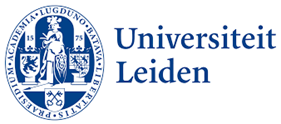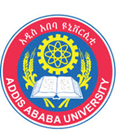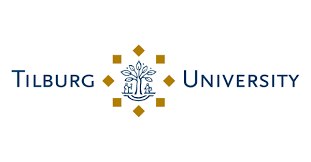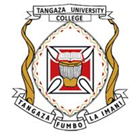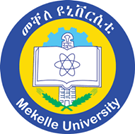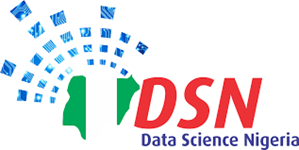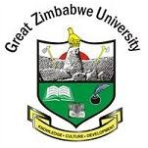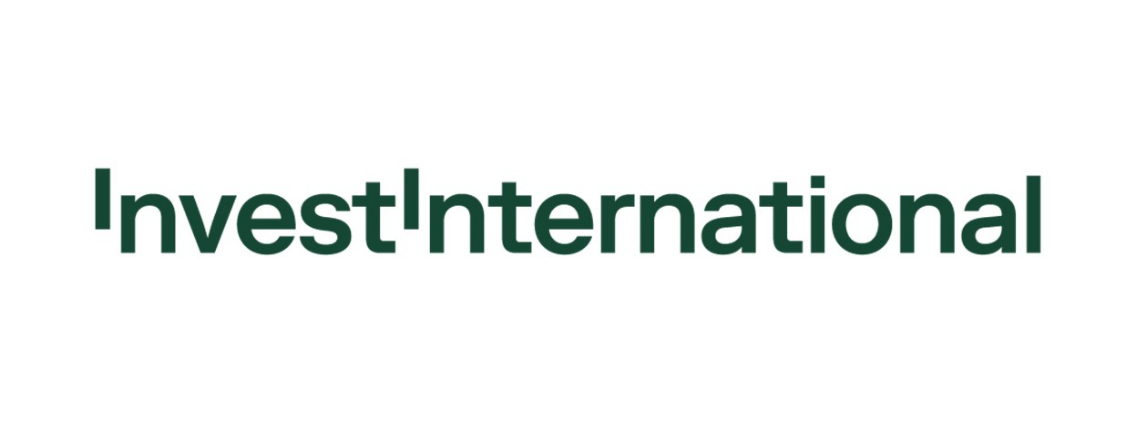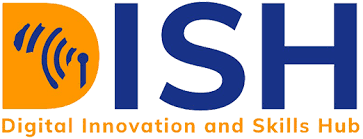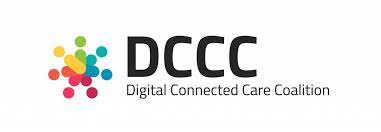VODAN Africa Executive Secretary, Prof. Francisca Oladipo Presents VODAN Africa Contribution in Preparation of the 5th United Nations Conference on Least Developed Countries (LDC5)
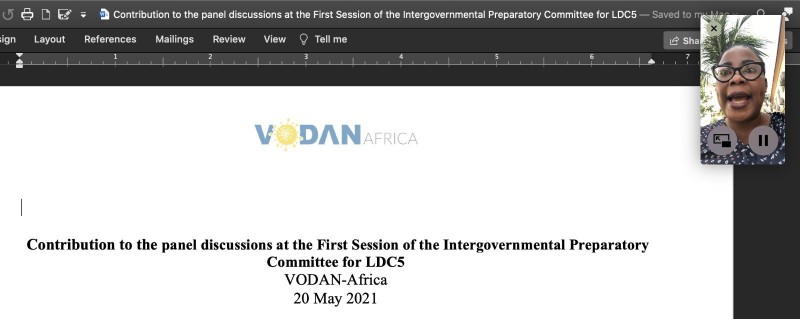
On Thursday 20th May 2021, the VODAN Africa Executive Secretary was among the list of speakers that spoke at the Civil Society Consultation in advance of the 5th United Nations Conference on the Least Developed Countries (LDC5).
According to Prof. Oladipo, "Today, only one in five people in LDCs are online. Half of the world remains offline. Women are more without access to connectivity in LDCs than anywhere else. The inequality in digital connectivity is increasing rapidly. Not being connected, not having access to data, means missing out on the digital economy."
Her presentation gave a detailed insight on how VODAN Africa is pioneering critical innovation in health data management.
Read the full presentation below
Contribution to the panel discussions at the First Session of the Intergovernmental Preparatory Committee for LDC5
20 May 2021
Ladies and Gentlemen,
Mr/Mrs. Chairperson,
I am the coordinator of the Virus Outbreak Data Network (VODAN) – Africa. I am a computer scientist and a member of the Africa Academy of Sciences. I am honoured to speak here today, representing our network in the least Developed countries including Liberia, Ethiopia, Somalia, Uganda, Tanzania, Sudan, and South Sudan. Our members also include Nigeria, Kenya, Zimbabwe, and Tunisia.
The Ebola Outbreak in Liberia and West Africa taught us that digital tools are essential to solve a health crisis. Satellite equipment was flown in and data was used to get the crisis under control. However, today the Ministry of Health in Liberia does not have all the data generated in Liberia on the crisis. The data might be in many places but not in Liberia, where it was produced. The importance of data has become even more clear in the COVID-19 Pandemic. But who owns the data, and who has access to these?
Today, only one in five people in LDCs are online. Half of the world remains offline. Women are more without access to connectivity in LDCs than anywhere else. The inequality in digital connectivity is increasing rapidly. Not being connected, not having access to data, means missing out on the digital economy.
The Digital Economy is dominated by the US with 68% of the market capitalization of the world’s largest digital platforms and China with 22%, and together the US and China hold 90% of the market. With data centers situated in the global north, data travel to the world’s economic powerhouses. This leaves LDCs in a weak negotiation position, with no benefits or economic opportunities returning from the data extracted from it.
However, the COVID-period has also shown new opportunities that can now be used, including capacity building through online courses. Our youth needs such skills to fully participate in the new digital economy. But this requires that they have access to broadband.
Above all, trust in Data is critical. If data is extracted without return, how can that be a trusted model? we are worried. The big plans of the 2Africa new cables will increase broadband, but Facebook-led, will increase monopolization and data extraction from Africa? Therefore, we embrace the European Union personal data protection regulations, which identifies strong protection of data ownership. These provide a good model for global governance in the digital world.
In order to strengthen data ownership in LDCs and in Africa, VODAN Africa developed a digital architecture in which health data remains in the health facilities where it is produced and helps improve data analytics there, boasting the quality of health care at the point of care, in line with new WHO Guidelines known as SMART. VODAN Africa enables collaboration on COVID-research without losing the data. This shows a new way forward.
The core of our idea is the need for FAIR Data: data that are Findable, Accessible under well-defined conditions, Interoperable and Reusable, but which keep the data locally.
A clean, just, and ambitious world of tomorrow in which LDCs fully participate, should speak to the following:
- FAIR data policies, to protect everyone and to keep data localized
- Digitalization as a public good for all to enjoy
- The fight against digital monopolies
- The need to uphold net neutrality
- The advancement of global regulatory frameworks for personal data protection
We are proud that VODAN Africa is showing that critical innovation can be developed in LDCs and may yet inspire innovation elsewhere.
We are so glad to report that our youth if receiving the proper training and environment, is ready and full of ideas to contribute to a post COVID world, which is more digital, and more FAIR.
I thank you, Mr. Chairman.
Prof. Dr. Professor Francisca Oladipo
Coordinator VODAN-Africa
Kampala International University (KIU), Uganda
